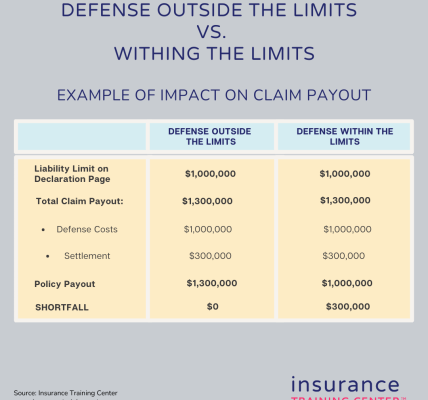The realm of vehicle financing can often seem like a labyrinth, especially when navigating the intricacies of securing a loan. One common question that arises is this: can a car owner cosign on a loan for someone else? The answer, like most things in finance, isn’t a straightforward yes or no, and depends heavily on the specific lender and the loan type. It’s crucial to understand the implications of cosigning and how a car owner’s existing vehicle ownership might affect their ability to act as a cosigner. This article will delve into the nuances of this situation, providing clarity and guidance for both car owners and loan applicants.
Understanding Cosigning Basics
Before exploring the specifics of car ownership and cosigning, let’s establish a foundation of what cosigning actually entails. A cosigner essentially agrees to be responsible for a loan if the primary borrower defaults. This means that if the borrower fails to make payments, the lender will turn to the cosigner for repayment. This makes cosigning a significant financial commitment, requiring careful consideration of the borrower’s financial stability and repayment capabilities.
- Credit Score Impact: Both the borrower’s and cosigner’s credit scores are affected by the loan’s payment history. Missed payments can negatively impact both scores.
- Debt-to-Income Ratio: Cosigning can increase a person’s debt-to-income ratio, potentially impacting their ability to obtain loans in the future.
- Legal Obligation: A cosigner is legally bound to repay the loan if the borrower defaults.
The Car Owner as a Cosigner: Factors to Consider
The fact that someone already owns a car doesn’t inherently disqualify them from being a cosigner. However, lenders will assess their overall financial profile, including their income, credit score, existing debts (including the car loan, if applicable), and overall financial stability. Here are some key considerations:
- Existing Car Loan: If the car owner already has an outstanding car loan, the lender will evaluate their ability to manage both their existing debt and the potential debt of the cosigned loan. A high car payment combined with other debts might make them a less attractive cosigner.
- Equity in the Car: While having equity in a car (meaning the car is worth more than what is owed on the loan) can be a positive factor, it doesn’t guarantee approval. Lenders primarily focus on income and creditworthiness.
- Overall Financial Stability: Lenders will scrutinize the car owner’s overall financial health, looking for signs of stability and responsibility. This includes factors like employment history, savings, and responsible credit card usage.
A car owner considering cosigning should carefully evaluate their own financial situation. Can they realistically afford to cover the loan payments if the borrower defaults? What impact would it have on their own financial goals and security? These are crucial questions to answer before making a decision. It’s important to consider the long-term implications of potentially being responsible for another person’s debt. The ability to act as a cosigner depends on a complex interplay of factors, not solely on the fact of car ownership.
Comparative Table: Cosigning vs. Guaranteeing
| Feature | Cosigner | Guarantor |
|---|---|---|
| Responsibility | Equally responsible for the debt from the start. | Responsible only if the borrower defaults. |
| Credit Impact | Loan activity immediately appears on credit report. | Loan activity typically only appears on credit report after default. |
FAQ: Cosigning and Car Ownership
Q: Will owning a car help me get approved as a cosigner?
A: Not necessarily. Lenders focus on your overall financial health, including income, credit score, and debt-to-income ratio. Owning a car is just one factor.
Q: What if I have bad credit but own my car outright? Can I still cosign?
A: Bad credit is a significant red flag for lenders. Owning your car outright might help slightly, but a poor credit history will likely outweigh that benefit.
Q: What are the risks of cosigning a loan?
A: The biggest risk is being responsible for the loan payments if the borrower defaults. This can negatively impact your credit score and financial stability.
Q: How can I protect myself when cosigning?
A: Discuss the terms of the loan with the borrower, ensure they understand their responsibilities, and consider getting a cosigner release clause in the loan agreement.
Ultimately, the decision of whether a car owner can cosign on loan hinges on a comprehensive assessment of their financial profile by the lender. Remember, cosigning is a serious commitment with potentially significant financial consequences. Consider all aspects carefully before agreeing to cosign.

